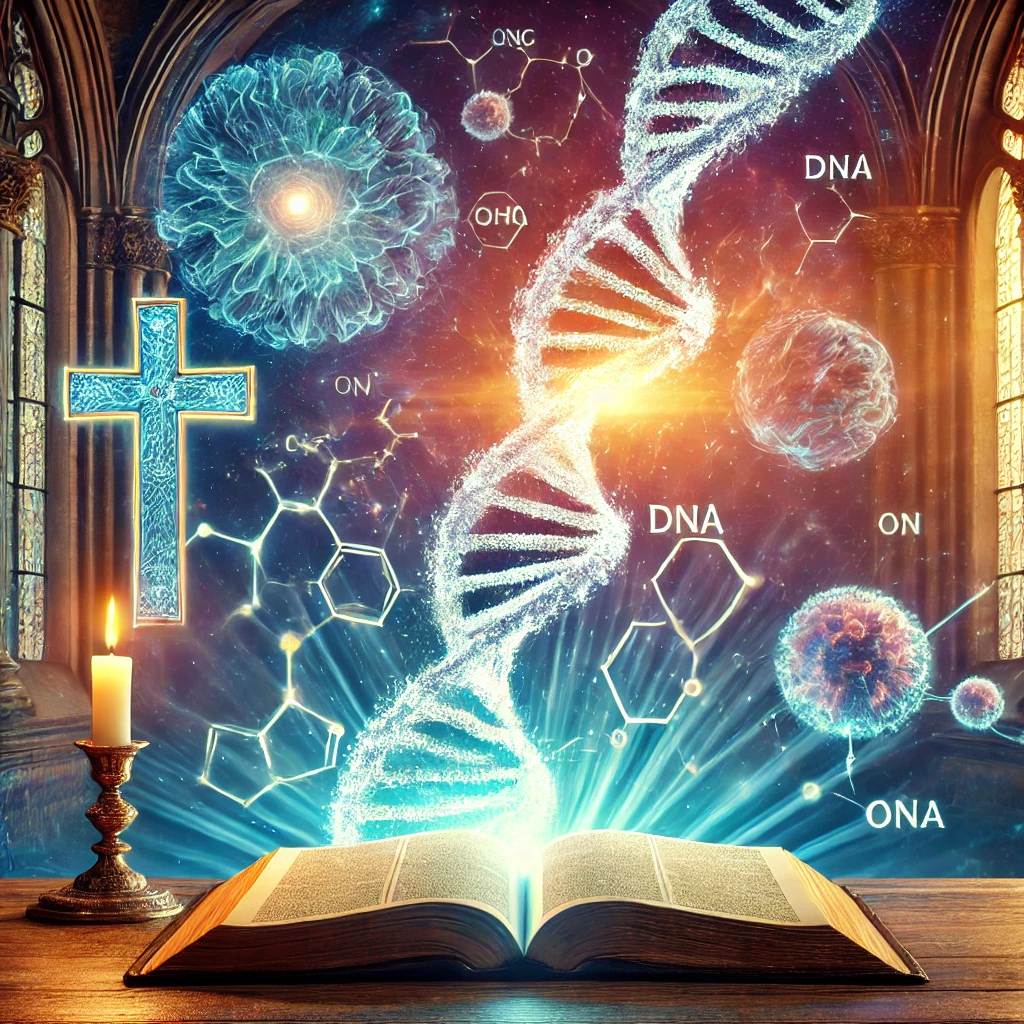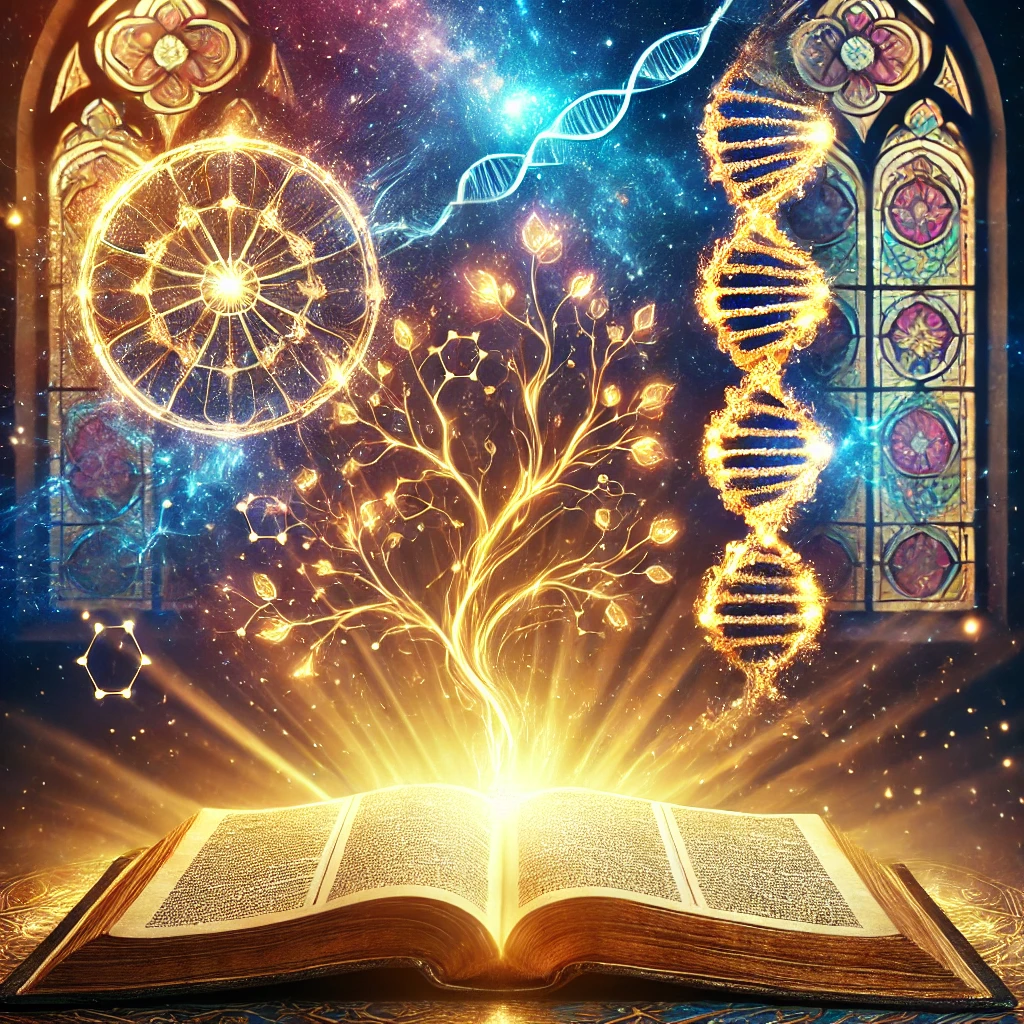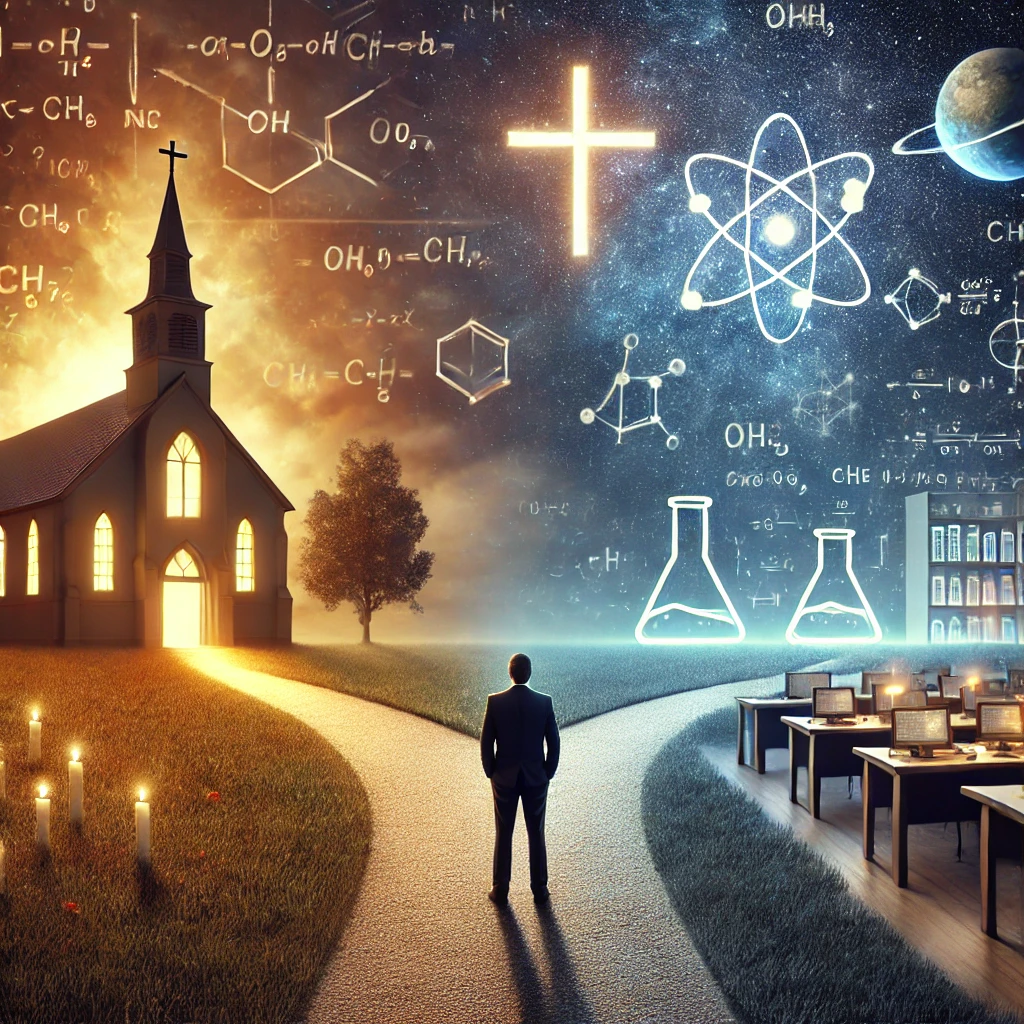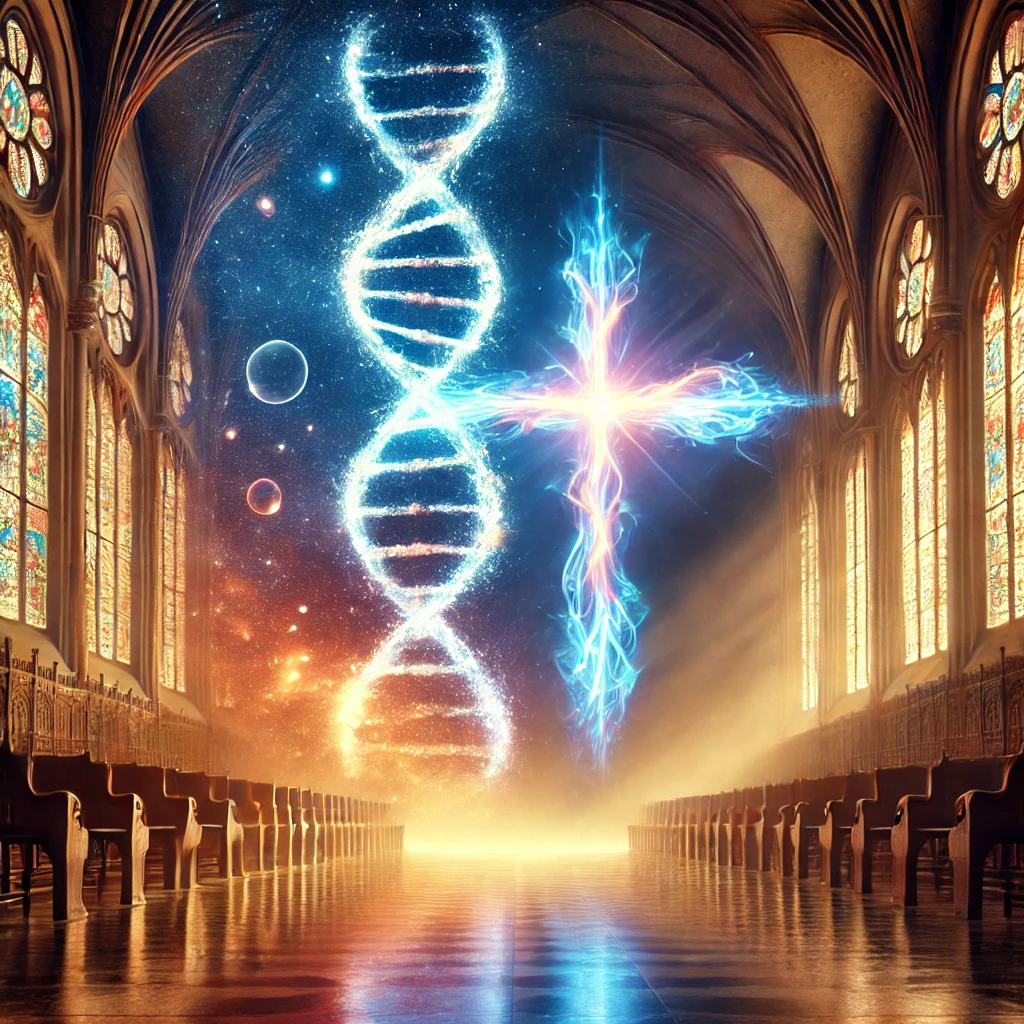For centuries, science and religion have been perceived as opposing forces, particularly when it comes to the question of human origins. Many assume that Christians universally reject evolution in favor of a strictly literal interpretation of the Genesis creation narrative. However, a significant number of Christians worldwide accept evolution as a scientific explanation for biodiversity and human existence while maintaining a firm belief in God. This perspective, often referred to as theistic evolution or evolutionary creationism, reconciles scientific discoveries with theological convictions.
What is Theistic Evolution?
Theistic evolution is the belief that God created life through the process of evolution. It holds that evolution is not a random or purposeless phenomenon but rather a method through which God brings about His creative purposes. This perspective allows for both the acceptance of evolutionary science and the belief that God is ultimately responsible for the existence and development of life on Earth.

Notable Christian Thinkers Who Accept Evolution
Many influential Christian theologians, scientists, and scholars have embraced evolution while maintaining their faith. Some of the most notable include:
- C.S. Lewis – The famed Christian apologist was open to the idea that evolution could be compatible with faith, noting that science does not necessarily contradict belief in God.
- Francis Collins – A geneticist and the director of the National Institutes of Health, Collins is an outspoken advocate for theistic evolution. He founded BioLogos, an organization that promotes harmony between faith and science.
- John Polkinghorne – A theoretical physicist and Anglican priest, Polkinghorne argued that science and religion are complementary ways of understanding reality.
- Teilhard de Chardin – A Jesuit priest and paleontologist, de Chardin proposed a vision of evolution that saw God guiding the process toward a divine purpose.
Biblical Perspectives on Evolution
Christians who accept evolution often interpret Genesis in a non-literal manner, understanding it as a theological and poetic narrative rather than a scientific account. Here are some ways in which biblical texts are reconciled with evolution:
- Genesis 1-2 as Ancient Near Eastern Literature – Many scholars believe that the creation accounts in Genesis were written in a poetic and symbolic style common in ancient Near Eastern texts, meant to convey theological truths rather than scientific facts.
- God as the Sustainer of Natural Laws – Some interpret passages like Colossians 1:16-17 (“For in him all things were created… and in him all things hold together”) as evidence that God works through natural processes, including evolution.
- The Image of God (Imago Dei) – Instead of requiring a sudden creation of humans, the concept of the Imago Dei (Genesis 1:27) can be understood as a divine calling or spiritual status rather than a physical characteristic.

Scientific Evidence Supporting Evolution
Christians who accept evolution do so based on a wealth of scientific evidence, including:
- Fossil Record – Transitional fossils show gradual changes in species over millions of years, supporting the idea of common ancestry.
- Genetics – DNA similarities among species provide strong evidence for evolutionary relationships. Human DNA, for example, shares about 98-99% similarity with that of chimpanzees.
- Embryology – Similar developmental stages among different species indicate shared ancestry.
- Biogeography – The distribution of species across different continents supports the idea of gradual evolutionary changes influenced by environmental factors.
Challenges and Criticisms
Despite its growing acceptance, theistic evolution faces criticism from both secular scientists and more traditionalist Christians:
- From Young Earth Creationists – Many evangelical Christians adhere to a literal six-day creation model and reject evolution as incompatible with Scripture.
- From Atheists and Secular Scientists – Some argue that belief in God is unnecessary when explaining evolution, seeing theistic evolution as an unnecessary compromise.
- Theological Concerns – Questions arise about original sin, human uniqueness, and the role of divine intervention in the evolutionary process.

Why Theistic Evolution Matters
The acceptance of evolution among Christians is important for several reasons:
- Faith and Science Compatibility – It demonstrates that one does not have to choose between faith and science.
- Engaging Younger Generations – Many young people leave the church due to perceived conflicts between science and faith. Embracing theistic evolution can help bridge this gap.
- Encouraging Intellectual Honesty – Accepting evolution allows Christians to engage in scientific discussions without feeling they must reject empirical evidence.
- Enhancing Theological Understanding – Viewing evolution as God’s creative method can enrich theological perspectives on divine sovereignty, purpose, and human uniqueness.
Conclusion
Christians who accept evolution demonstrate that faith and science can coexist harmoniously. While debates on this topic will likely continue, theistic evolution provides a compelling framework for those who seek to honor both scientific integrity and theological convictions. By embracing an open dialogue between science and faith, Christians can engage with modern scientific discoveries without abandoning their belief in God’s creative power.

Have More Questions?
If you have any more questions about God’s forgiveness or how to deepen your relationship with Him, feel free to ask in the comments section below. Our community is here to support and encourage you on your faith journey. No question is too big or too small—let’s grow in understanding together!
Join Our Newsletter
Would you like more insights into God’s love, forgiveness, and practical ways to live out your faith? Join our newsletter! You’ll receive weekly encouragement, Bible-based wisdom, and resources to help you grow spiritually. Sign up today and stay connected with us as we explore God’s Word together.
